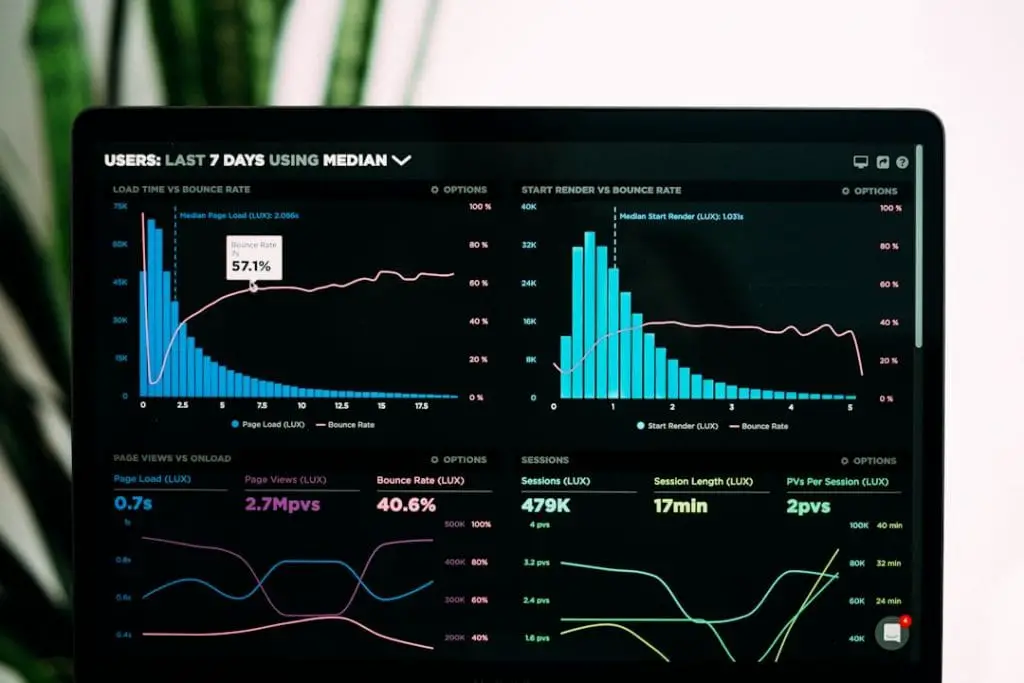The Android app development industry continues to evolve rapidly as technological advancements and user expectations shape the future of mobile applications. In 2025, developers and businesses are witnessing a new wave of trends that are transforming the way Android apps are built and experienced. These trends are driven by a mix of AI integration, cross-platform development, increased focus on user privacy, and immersive user experiences. Let’s explore the four latest Android app development trends making waves in 2025.
1. AI-Powered Personalization and Automation
Artificial Intelligence continues to revolutionize Android app development by enabling hyper-personalized experiences and automation. In 2025, AI is more than just a buzzword; it’s a core component of Android applications.
- Predictive Analytics: Apps can now anticipate user behavior and offer tailored recommendations using AI-driven data analysis.
- Chatbots and Virtual Assistants: NLP-powered bots provide real-time support within apps, improving customer satisfaction and engagement.
- Smart Automation: From automated financial transactions to smart health monitoring, AI automates routine user tasks effortlessly.
This trend enhances both user engagement and business productivity, making AI integration a staple in Android app development projects.
2. Rise of Kotlin Multiplatform Development
With the increasing need for cross-platform development, Kotlin Multiplatform has emerged as a preferred choice in 2025. Unlike other cross-platform solutions, Kotlin Multiplatform allows developers to share code between Android and iOS without sacrificing native performance.
Benefits of Kotlin Multiplatform:
- Reduces development time and costs by using a shared codebase
- Ensures native performance and access to platform-specific APIs
- Maintains clean architecture and code reusability
This trend is especially beneficial for startups and businesses aiming for faster time-to-market and consistent user experience across platforms.
3. Privacy-First Development Practices
User data protection remains a top priority in 2025, pushing developers to adopt privacy-first approaches. With Android 14 introducing stricter privacy guidelines, transparency and ethical data usage have become more important than ever.
Key privacy-focused trends include:
- On-device Processing: Minimizing data transfer to external servers by handling sensitive information locally
- Granular Permission Control: Giving users detailed control over app permissions to boost trust
- Anonymous and Encrypted Data Handling: Implementing end-to-end encryption and anonymization techniques
These practices are not just regulatory compliance measures but are essential in building long-term trust with app users.
4. Immersive Experiences with AR and 3D Interfaces
2025 has seen immersive experiences leap beyond gaming into retail, education, healthcare, and real estate apps. Augmented Reality (AR) and 3D elements are redefining user interaction with Android apps.
Popular use cases:
- Virtual Try-Ons: E-commerce apps utilize AR to allow users to try products before purchasing
- 3D Navigation: Tourism and map-based apps are adding 3D visuals to make navigation more intuitive
- Interactive Learning: Educational apps use AR for hands-on simulations, enhancing the learning experience
The integration of AR using Google’s ARCore has made these features more accessible to Android developers, elevating the standard UI/UX to powerful, interactive experiences.
Conclusion
Android app development in 2025 is shaped by the fusion of emerging technologies and user-centric approaches. From AI-powered personalization to privacy-first environments and immersive AR experiences, these trends indicate a clear shift toward smarter, more secure, and engaging applications. Businesses and developers embracing these trends will not only gain a competitive edge but also foster stronger connections with their users.
Frequently Asked Questions (FAQs)
- Q1: Why is Kotlin Multiplatform gaining popularity among Android developers?
- A: Kotlin Multiplatform allows code sharing between different platforms, making it faster and cost-effective while maintaining native performance and functionality.
- Q2: How does AI improve user experience in Android apps?
- A: AI personalizes the app experience by analyzing user behavior, offering recommendations, and powering conversational interfaces like chatbots.
- Q3: What are the new privacy features in Android apps for 2025?
- A: Android 14 introduces features like on-device processing, improved encryption, and more granular permissions to ensure stronger user data protection.
- Q4: Can AR be implemented in non-gaming apps?
- A: Absolutely. AR is widely used in retail, education, real estate, and healthcare apps to enhance interactivity and user engagement.
